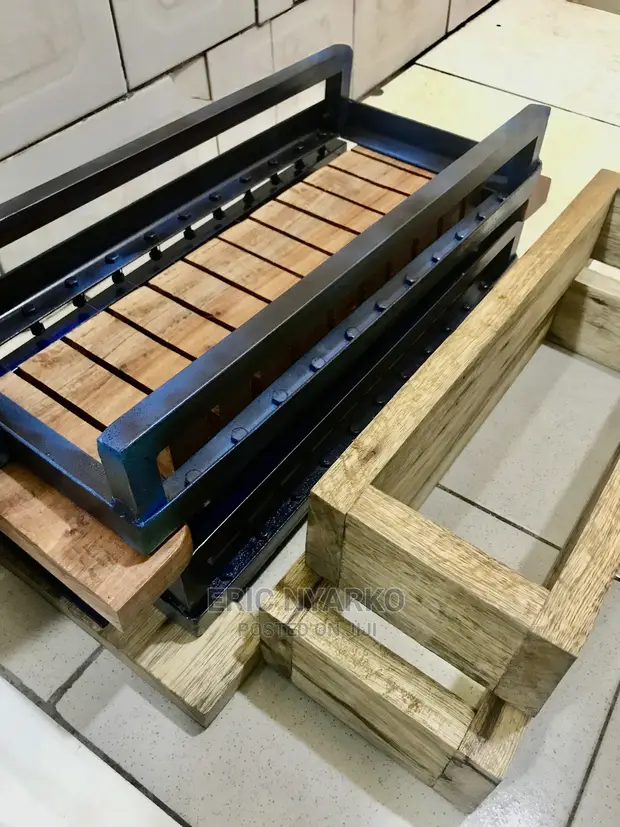Price of Cassava: Cassava, a staple crop in Ghana, holds a significant place in the country’s agricultural and economic framework. Its versatile uses, ranging from food consumption to industrial production, make it a crucial resource for both rural households and the broader economy.
As a key source of carbohydrates and income for many smallholder farmers, cassava contributes substantially to food security and livelihoods across the nation.
This article delves into the dynamic world of cassava pricing, exploring the various factors that influence its market value. Understanding these determinants is vital not only for those involved in the agricultural sector but also for consumers, policymakers, and stakeholders interested in the intricacies of Ghana’s food economy.
Market Price of Cassava
Cassava is a staple crop in Ghana’s agricultural sector, contributing significantly to the Agricultural Gross Domestic Product (AGDP) and daily calorie intake of Ghanaians.
Cassava is a major crop in the farming systems of Ghana, providing a regular source of food and income for farmers. Cassava is an important source of farm income in Ghana, contributing to about 22% and 30% of the AGDP and daily calorie intake of Ghanaians, respectively.
Cassava is not just a subsistence crop produced by and for rural households, but it is increasingly being transformed into a cash crop that is produced and marketed as an urban food staple in many countries in Africa, including Ghana.
Cassava is also used as animal feed in Ghana, contributing to a large proportion of daily animal feed requirements. In terms of cassava production levels, In 2021, Ghana produced over 22.6 million metric tons of cassava, which was an increase in volume compared to around 21.77 million metric tons produced in 2020.
Ghana ranks among the top five cassava producers in Africa, with an annual average production of 16 million metric tons.
According to a study on the cassava value chain in Ghana, the main issues raised by farmers include low prices per metric tonne of fresh cassava and non-fulfilment of promises made to farmers before implementation in terms of market access and price.
Market Price of Cassava
The market price of cassava in Ghana can vary depending on various factors such as location, season, and market conditions. Also, it can vary depending on location and seller.
The retail price range for cassava in Ghana is between GHS 20 and GHS 25 per kilogram or between GHS 10 and GHS 15 per pound in Accra. It may be lesser or slightly higher in other regions or from online shops.
Factors Affecting the Price of Cassava
Seasonal variations: The price of cassava can fluctuate depending on the season. For example, during the harvest season, the price may be lower due to the increased supply of cassava.
Market demand: The demand for cassava in the market can also affect its price. If the demand is high, the price may increase, and if the demand is low, the price may decrease.
Transportation costs: The cost of transporting cassava from the farm to the market can also affect its price. If the transportation costs are high, the price of cassava may increase.
Production costs: The cost of producing cassava, including labour, fertilizers, and other inputs, can also affect its price. If the production costs are high, the price of cassava may increase.
Government policies: Government policies such as taxes, subsidies, and import/export regulations can also affect the price of cassava in Ghana. For example, if the government imposes high taxes on cassava imports, the price of locally produced cassava may increase.
Uses and Benefits of Cassava
Cassava is an important crop in Ghana, providing various uses and benefits. Here are some of the uses and benefits of cassava in Ghana:
Uses of Cassava in Ghana
Cassava is a major source of carbohydrates in Ghana and is used to meet the dietary requirements of Ghanaians. Cassava is used to produce various food products such as gari, fufu, and banku, which are popular staples in Ghanaian cuisine. Cassava is also used as animal feed in Ghana, contributing to a large proportion of daily animal feed requirements.
Benefits of Cassava
- Cassava is a good source of dietary fibre, which helps to promote healthy digestion and prevent binge eating.
- Cassava is a gluten-free crop, making it a suitable alternative for people with gluten intolerance or celiac disease.
- Cassava is a drought-tolerant crop, making it a reliable source of food and income for farmers in areas with low rainfall.
- Cassava is a versatile crop that can be grown in a variety of soils and climatic conditions, making it an important crop for food security in Ghana.
- Research and development efforts have led to the development of improved cassava varieties that attain maximum yield in less than 12 months, contributing to increased production and income for farmers in Ghana.
Recommended Resources:
- Market Price of Fresh Groundnut in Ghana
- Market Price of Fresh Plantain in Ghana
- Prices of Fresh Tomatoes in Ghana
In conclusion, the market price of cassava in Ghana is a reflection of the intricate interplay between multiple factors. From weather patterns and production levels to demand fluctuations and transportation costs, each element contributes to the final price that farmers receive and consumers pay.
As an essential component of Ghana’s agricultural landscape and economic stability, cassava’s market dynamics highlight the delicate balance required to ensure fair compensation for farmers while providing affordable and accessible food for the population.






